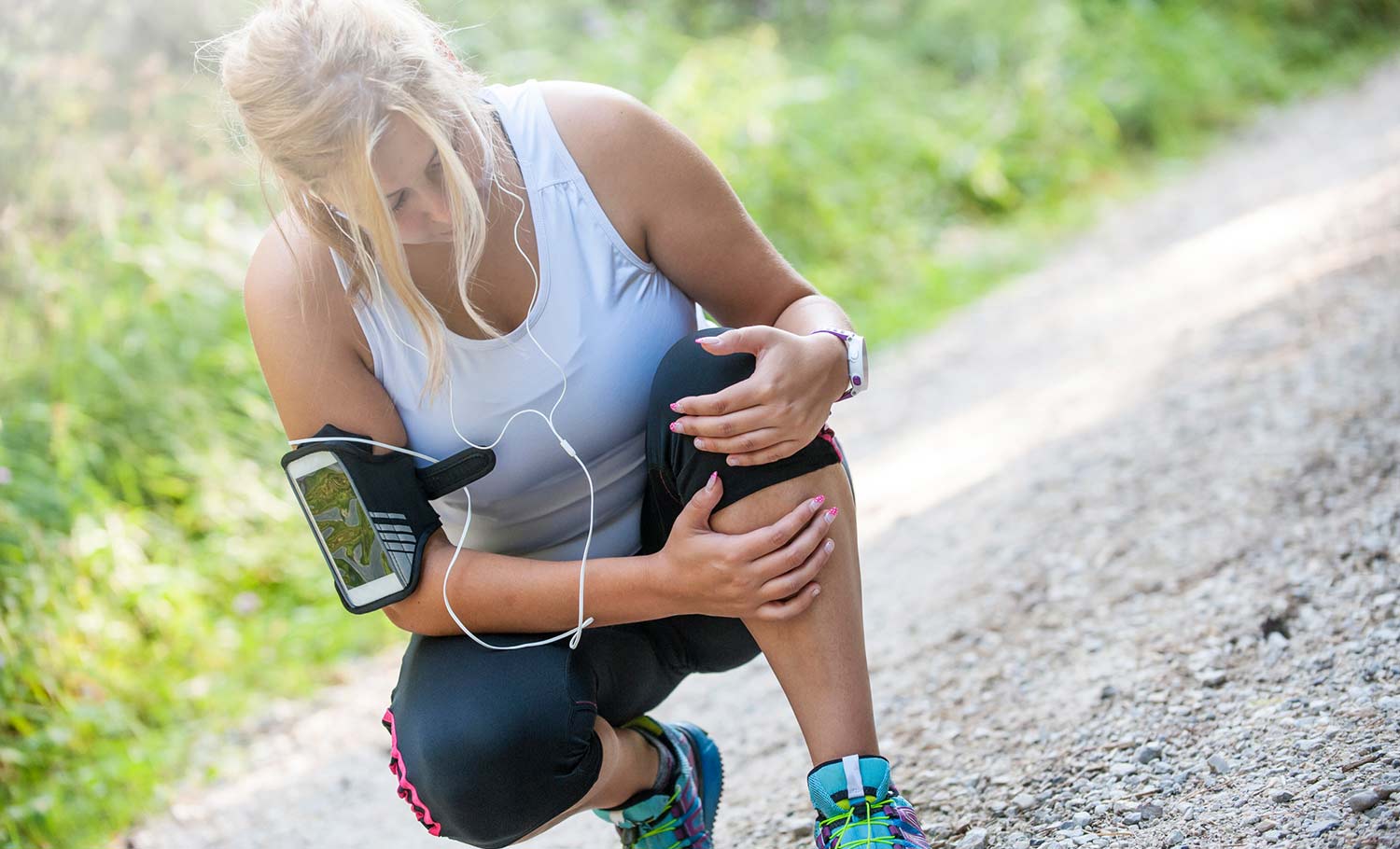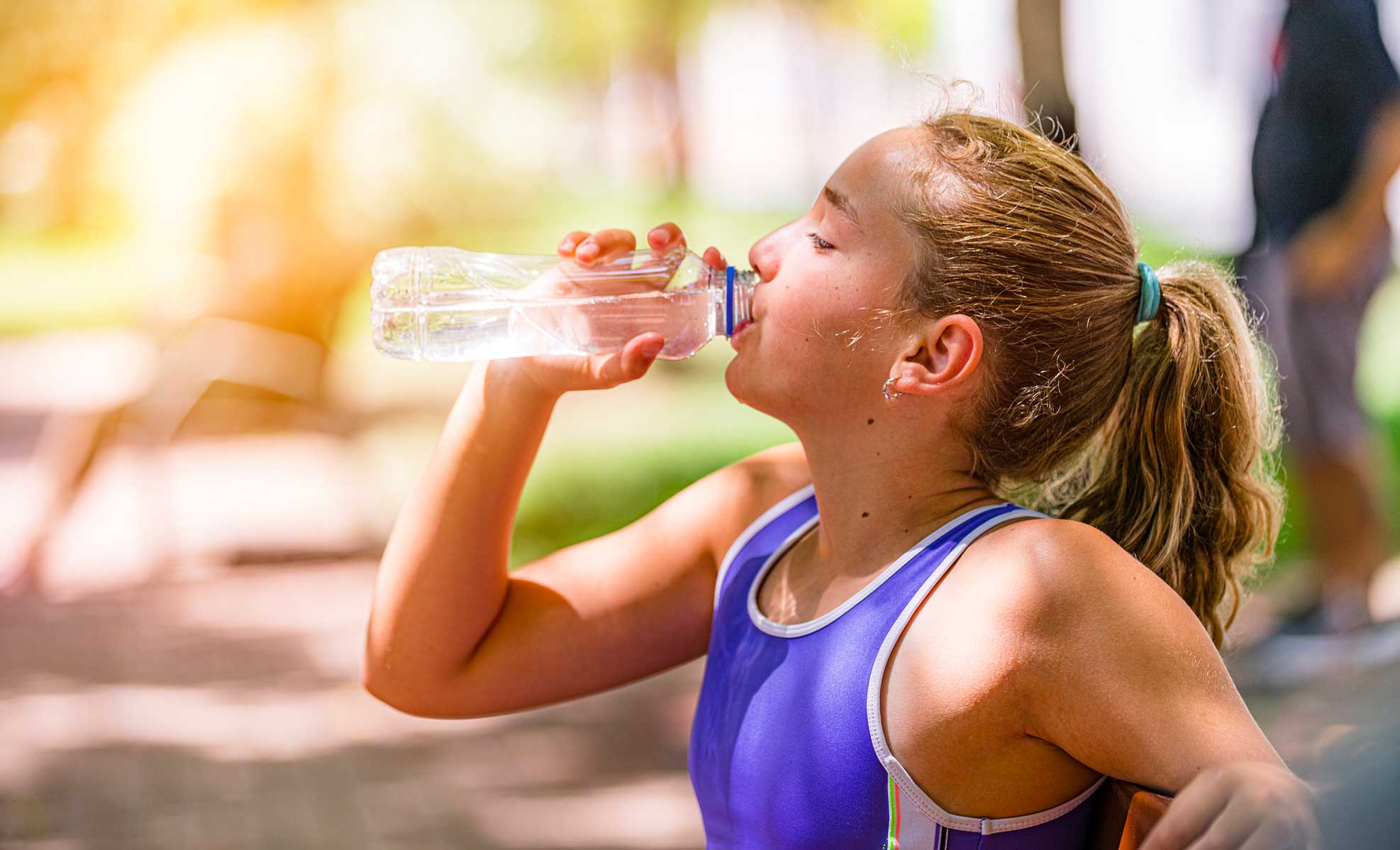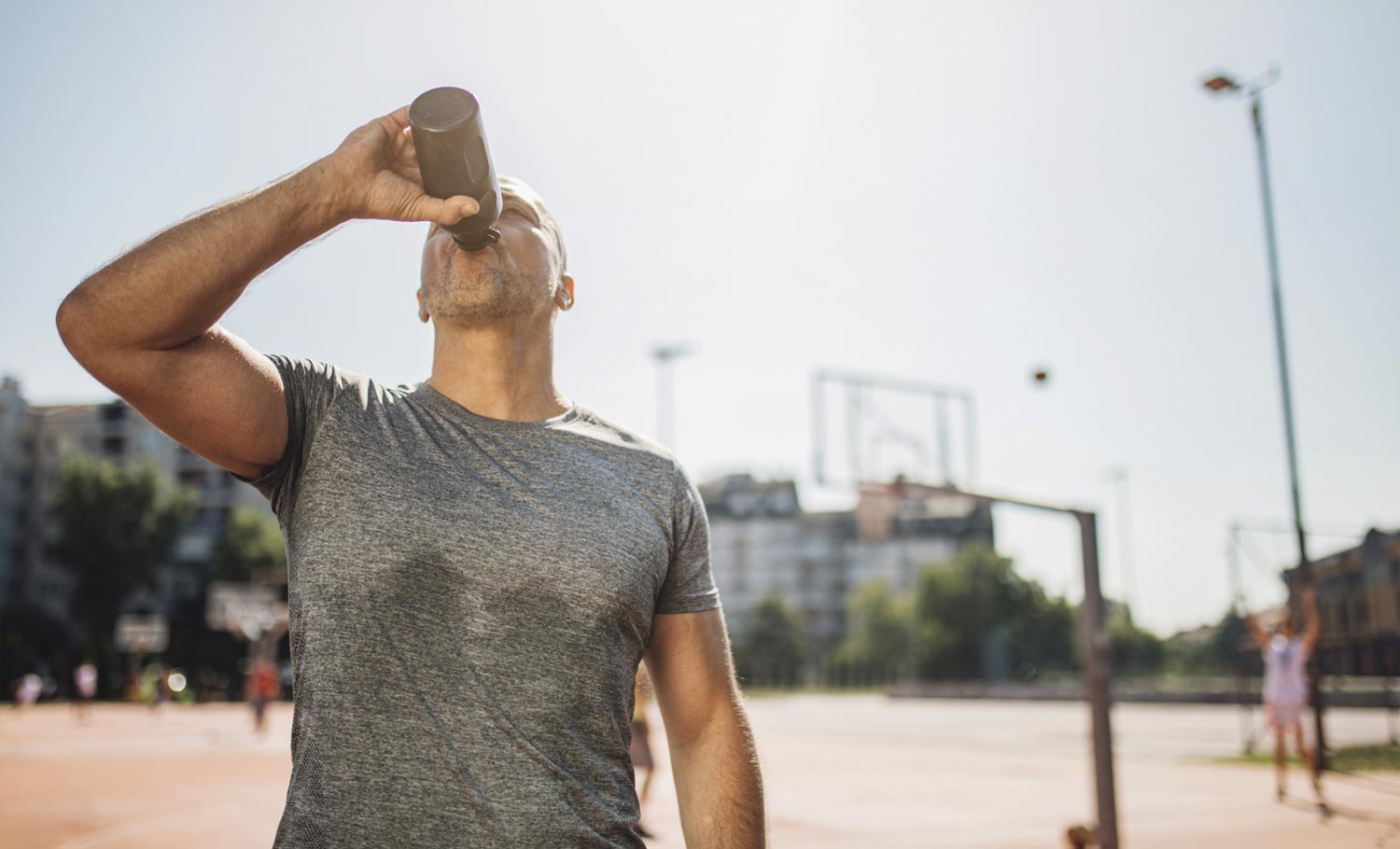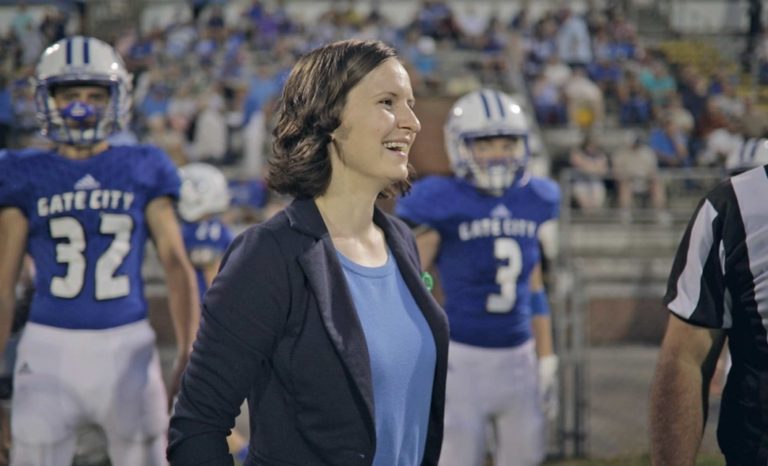Summer invites us to spend time outside and make the most of sunny days. But playing sports and training for them in the summer heat can be dangerous. I encourage anyone who is active to plan for the hot, humid weather.
One of the best ways to stay safe is to make sure your body has enough water. This is true for youth athletes, weekend warriors, and everyone in between.
Working out in extreme heat puts extra stress on our bodies. Our body temperature goes up with effort such as exercise. If the air is also humid, like it can be in our region, our body heat cannot evaporate as well and rises even more.
Drinking enough water, also called “hydrating,” helps to keep our bodies at the right temperature and prevent serious risks such as dehydration, heat exhaustion, and heatstroke.
Many of the young athletes I see in my sports medicine orthopedics practice at Holston Medical Group overlook the roles that nutrition and hydration play in their health and sports performance. I would encourage parents, coaches, and athletes to use this summer to start good hydration and fueling habits.
What to Watch For
The amount of hydration we need with exercise depends on many factors. These include our age, our overall health, how hot and humid it is outside, how hard our workout is, and how long our workout lasts. Weighing yourself before and after your activity is one good way to estimate how much sweat you actually lost. If you sweat off a pound, that needs to be replaced with 16 ounces (1 pint, or 2 glasses) of water.

Since the amount of fluid needed to stay hydrated differs from person to person and even from workout to workout, coaches, parents, and athletes need to know the early warning signs of dehydration.
The first signs of both dehydration and overheating, often fatigue and muscle cramps, might not seem that bad. But this is an excellent signal to slow down and cool down before symptoms worsen and impact the brain.
Other signs to watch for include:
- Upset stomach or throwing up. These are not simply stomach issues but signs that the brain is under stress from the heat and are signs of heat exhaustion.
- Confusion or dizziness. These can be symptoms of a late stage of overheating and this person should be cool, hydrated and seek medical attention if symptoms do not quickly reverse.
- Unable to sweat. Once the core body temperature reaches above 103, the central nervous system can no longer regulate itself. The person often has a severe headache, nausea, and confusion but the lack of sweat is the unique part. This is a medical emergency because it signals heatstroke. While 9-1-1 is called, the person should be quickly cooled ideally in an ice bath.

A Useful Hydration Checklist
The easiest way to avoid problems with dehydration or overheating is to drink enough liquid before starting outdoor summer activities. But that doesn’t mean chugging a bottle of water in the car on the way to practice. Instead, aim to stay hydrated all day. This checklist can help you, your loved ones, or your team plan ahead:
- Drink water early and often. Hydrating should start the day before a practice or event. Planning to drink water before you exercise is like taking the time to study before a test.
- Know when you need more than water. Water is usually enough to keep us hydrated since we get plenty of electrolytes in our food. But if you are planning an hour or more of intense activity and sweating, our bodies may also need to replace some of the electrolytes lost to sweat. These include minerals like sodium, potassium, and magnesium. Sports drinks or powdered supplements can be used to replace them.
- Avoid too much sugar and caffeine. Be intentional about when you drink something other than water. While some sugar is important to fuel our muscles for exercise, getting too much isn’t healthy. Caffeine isn’t good for young bodies, especially in the high quantities seen in energy drinks. To stay hydrated this summer, I encourage you to look for sports liquids or powder packets that add electrolytes without too much sugar or caffeine.
- Drink liquids during and after each workout. It’s important to refill your body with water as soon as you can. Don’t wait to get home; aim to take enough water with you to stay hydrated. Quickly replenishing your body after the workout helps you recover faster and be ready for the next game or practice.
- Check for the right pee color. Dark yellow urine is a sign of dehydration. Clear or light yellow pee means you’re probably hydrated enough for a workout.
- Exercise in the early morning or evening. Whenever possible, avoid the peak heat hours and wear light, moisture-wicking clothing.

Drink Liquids with Purpose
It takes a little work to stay hydrated in the summer. But athletes know that hard work often pays off in better performance.
Before the summer sun gets any hotter, talk to your HMG provider. Find out the best ways for you, your kids, or your athletes to stay hydrated. Treat your body to a cold glass of water—then go outside to enjoy your sports.







